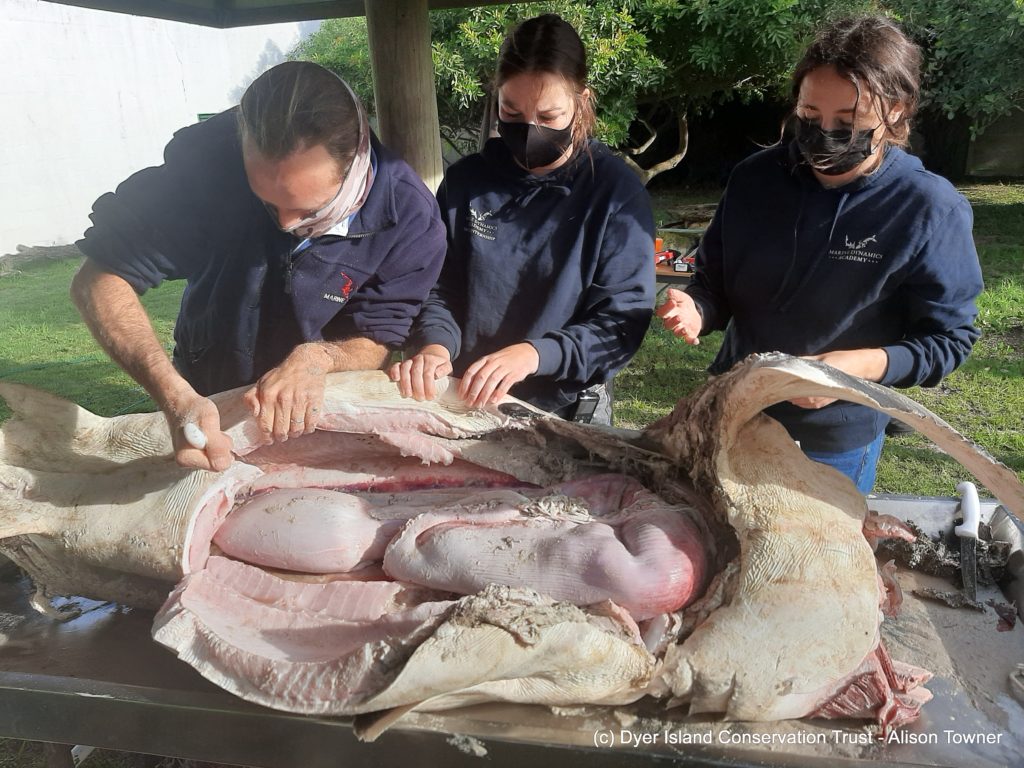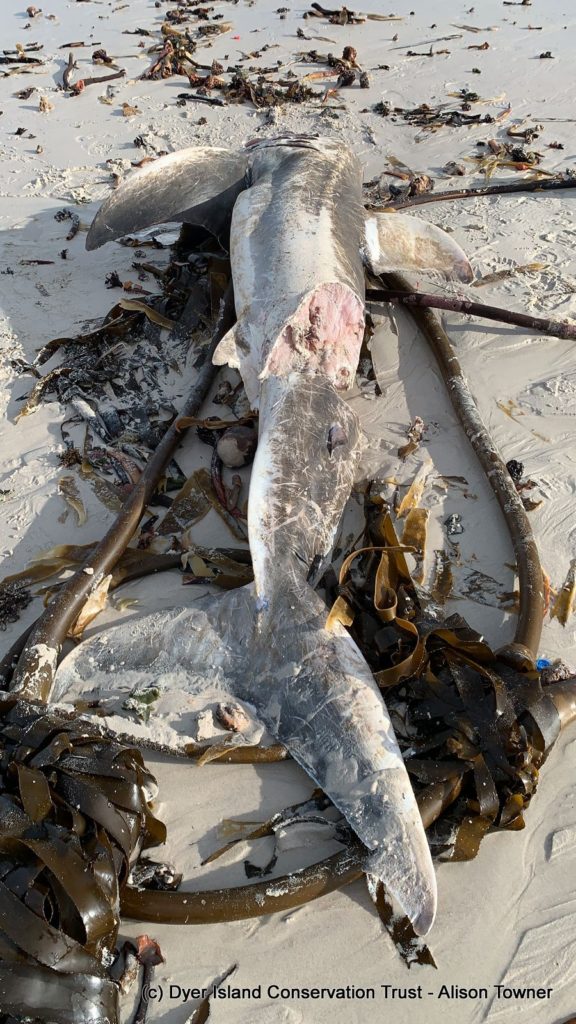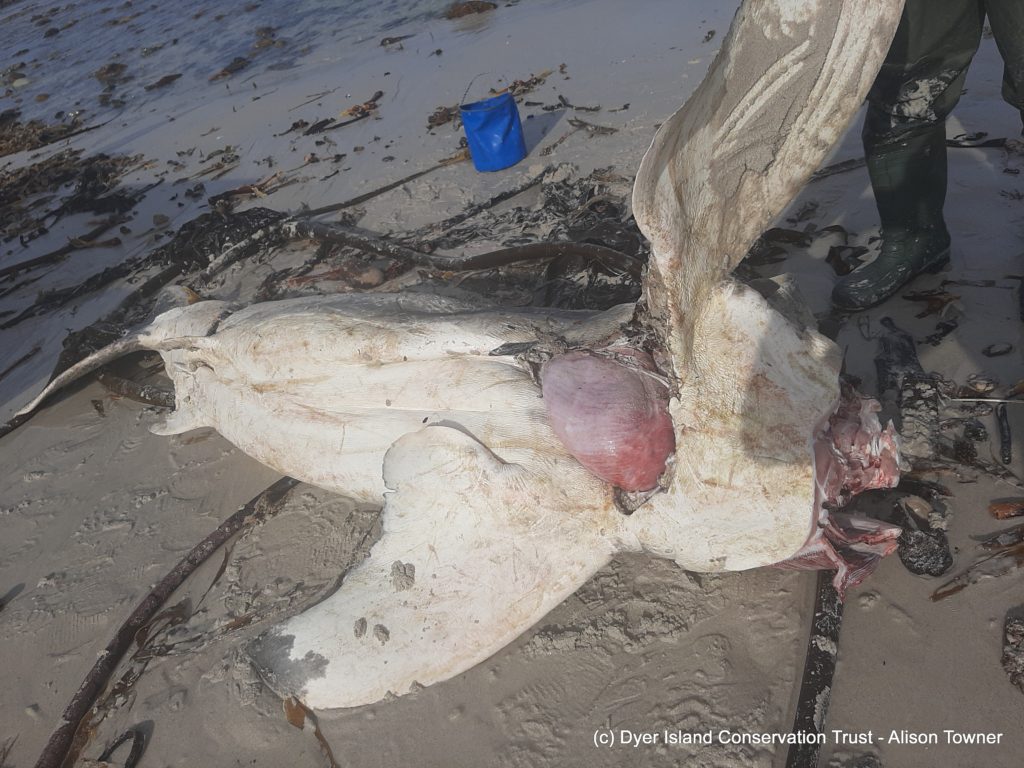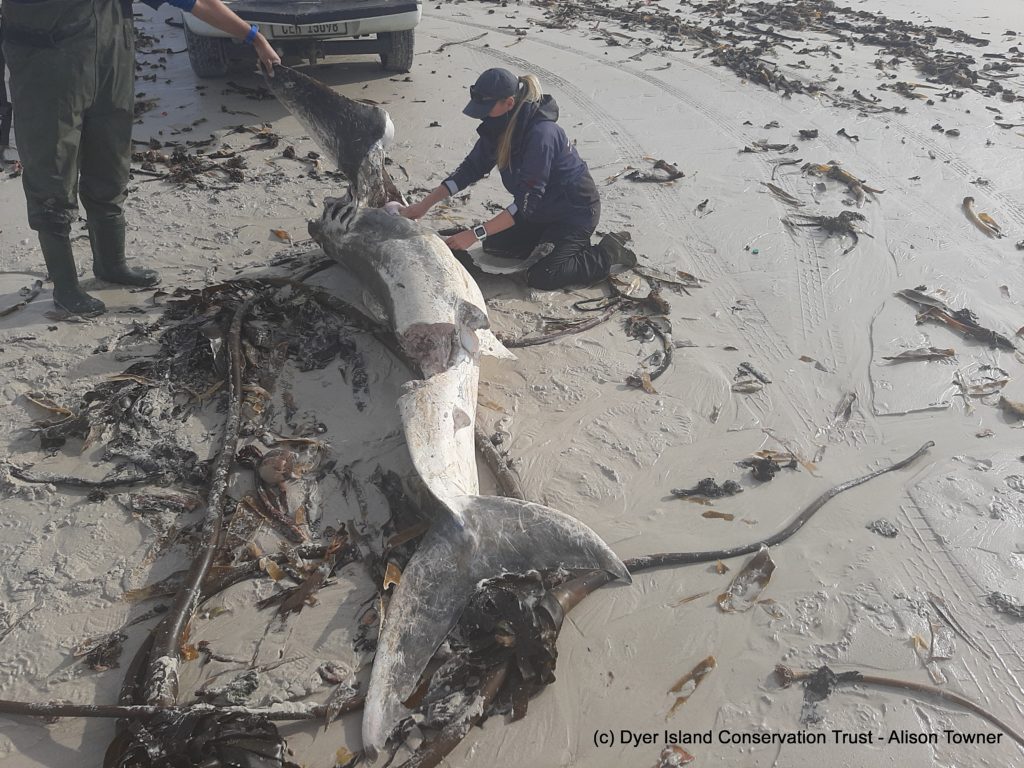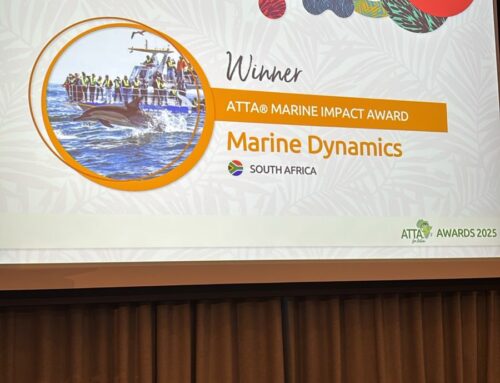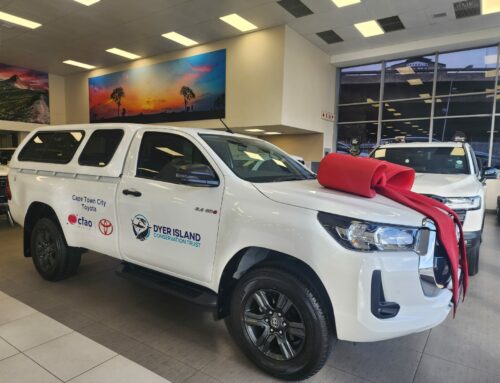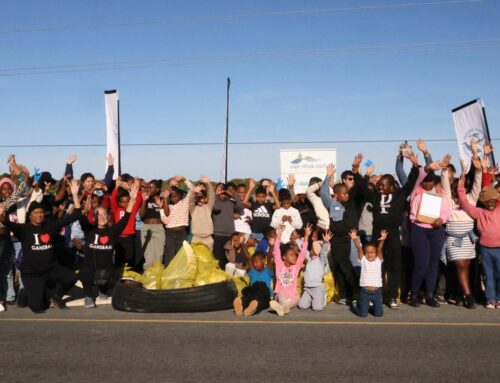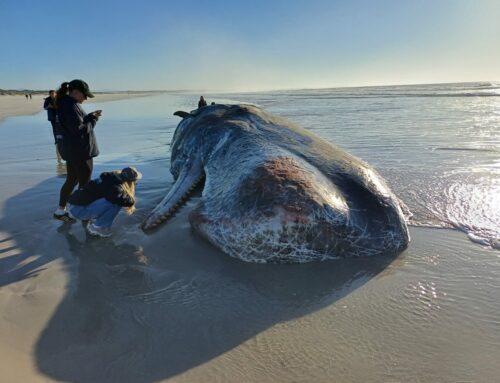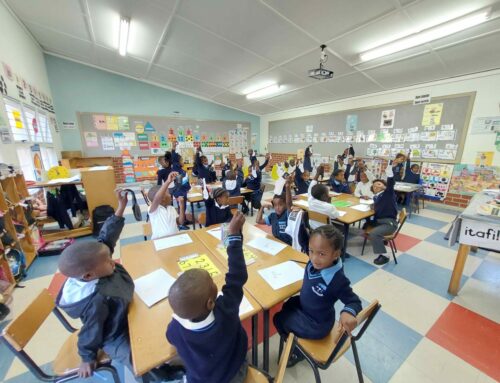On the morning of Sunday 27 June 2021, a dead white shark was reported in from Die Dam near Gansbaai, by Cape Town anglers Donovan Cole and John Pretorius. Both men had arrived on the beach to find the dead shark washed up at the surf zone. The animal was then reported into Stephan Swanson and Dr Alison Kock (SANParks) and collected locally by shark biologist Alison Towner and Altus De Witt. The shark was then taken back and necropsied at the nearby Dyer Island Conservation Trust (DICT) facility by Alison Towner, and colleague Ralph Watson.
The shark carcass looked identical to other orca predated sharks found in South Africa including multiple white sharks in Gansbaai, a bronze whaler and sevengill sharks in False Bay. The body cavity was torn open, up to the throat and the large liver was completely missing, as was the heart. This predation injury looked a few days old but cannot have been older than a week. The white shark is a juvenile, estimated 3.0m female which was tagged externally with an acoustic transmitter, in Struisbaai on Sunday 20 June. The shark’s head and jaws had been freshly cut off while it was on the beach, as evidenced by clean knife marks to the head. The acoustic tag had also been removed – only the tag’s steel trace near the dorsal fin base remained and had been cut symmetrically with a side cutter.
This is not the first white shark carcass the DICT team have collected with the head/jaws removed by an opportunist. The possession of a white shark jaw is highly illegal and carries serious consequences – a significant fine and prison sentence. The previous sharks head was returned and if the person in this case would like to anonymously return the head of this shark they can do so at the Dyer Island Conservation Trust, 5 Geelbek Street, Kleinbaai or call on 0829075607. Shark biologist, Alison Towner said, “This is the first time an acoustic tagged white shark has washed up with the transmitter cut off and taken. The tag cannot be used for anything other than marine research therefore has minimal sale value. We recorded some shark bites by the tail, possibly from sevengill sharks, scavenging on the carcass while it was washing around in the surf zone and adjacent kelp. The stomach contents were largely full of seawater and bile, with no clear remnants of prey species distinguishable.”
There had been significant white shark activity and consistent sightings in May and June at cage diving vessels in Kleinbaai, Gansbaai. White shark numbers then suddenly dropped to zero and this was confirmed by an on board acoustic receiver detecting no tagged animals despite several recently having been tagged in the area. At the same time of the decline in sightings, reports of killer whales, including the two known to predate on sharks were reported in Cape Town a week prior to this carcass washing up.
Shark cage diving, which takes place in Gansbaai, False Bay, and Mossel Bay, provides critical monitoring of white sharks this species in South Africa and this information is provided to the government every month – that is Department of Forestry, Fisheries and Environment. White sharks are highly migratory and move along the entire South African coastline. The shark absence along parts of the Western Cape coastline was first documented in 2017 post the arrival of two orca, known as Port and Starboard, who are believed to have predated on white sharks primarily for their nutrient-rich liver. This hunting behaviour by these two had first been seen on seven gill sharks in False Bay but this was the first time that carcasses of white sharks were found and could be necropsied to confirm the cause of death. This hunting behaviour has been recorded elsewhere in the world but was the first documented for South Africa, but only because the carcasses washed up and this could be assessed by scientists. White sharks show a flight response to their only know natural predator and move out of an area. In turn, sightings of white sharks increased further up the East coast of South Africa. Gansbaai has continued to see white sharks, just with less predictability than before.
Alison Towner has been studying white sharks in Gansbaai since 2007 and her scientific publications can be viewed here: https://dict.org.za/about/#publications
